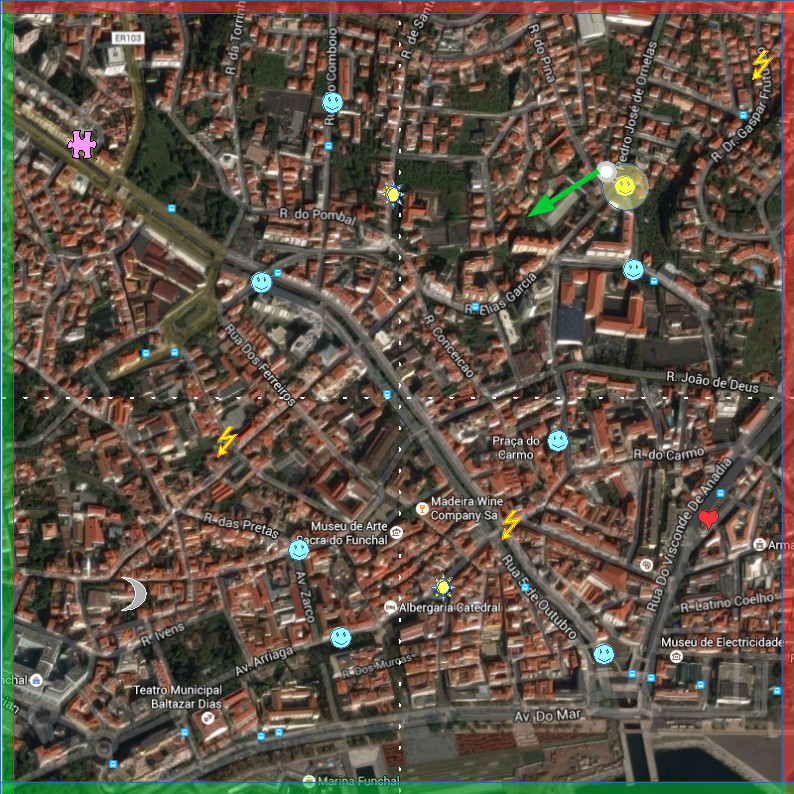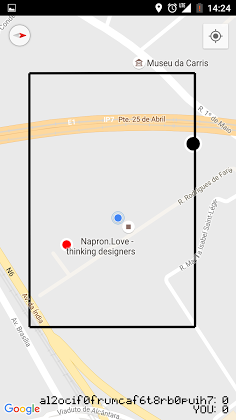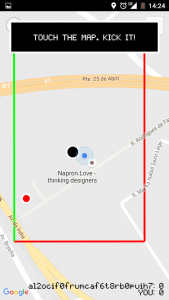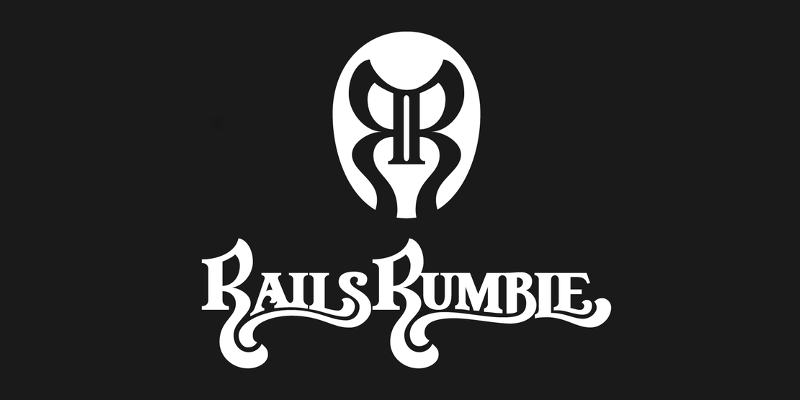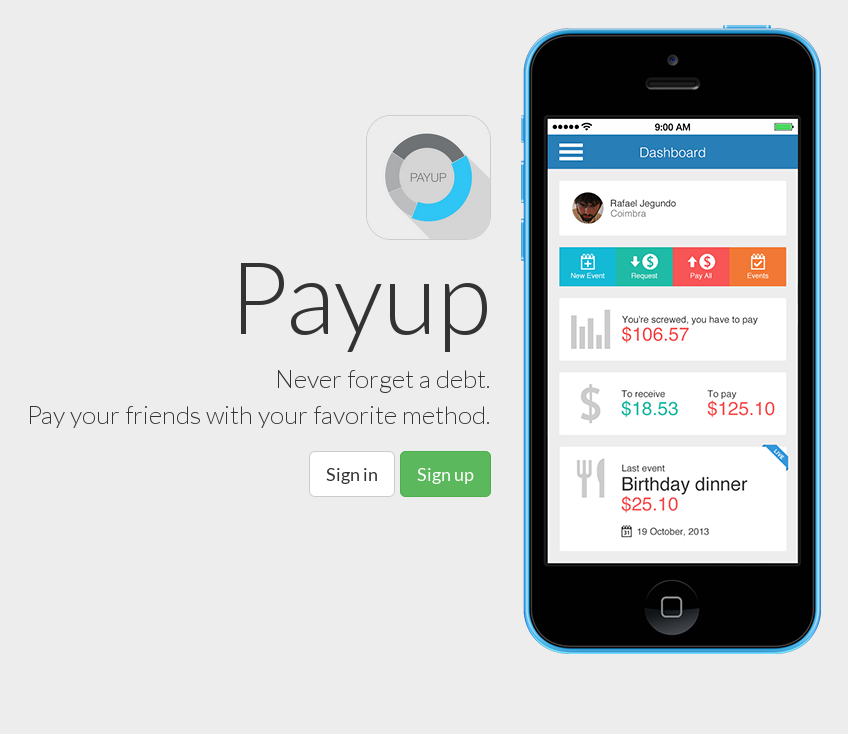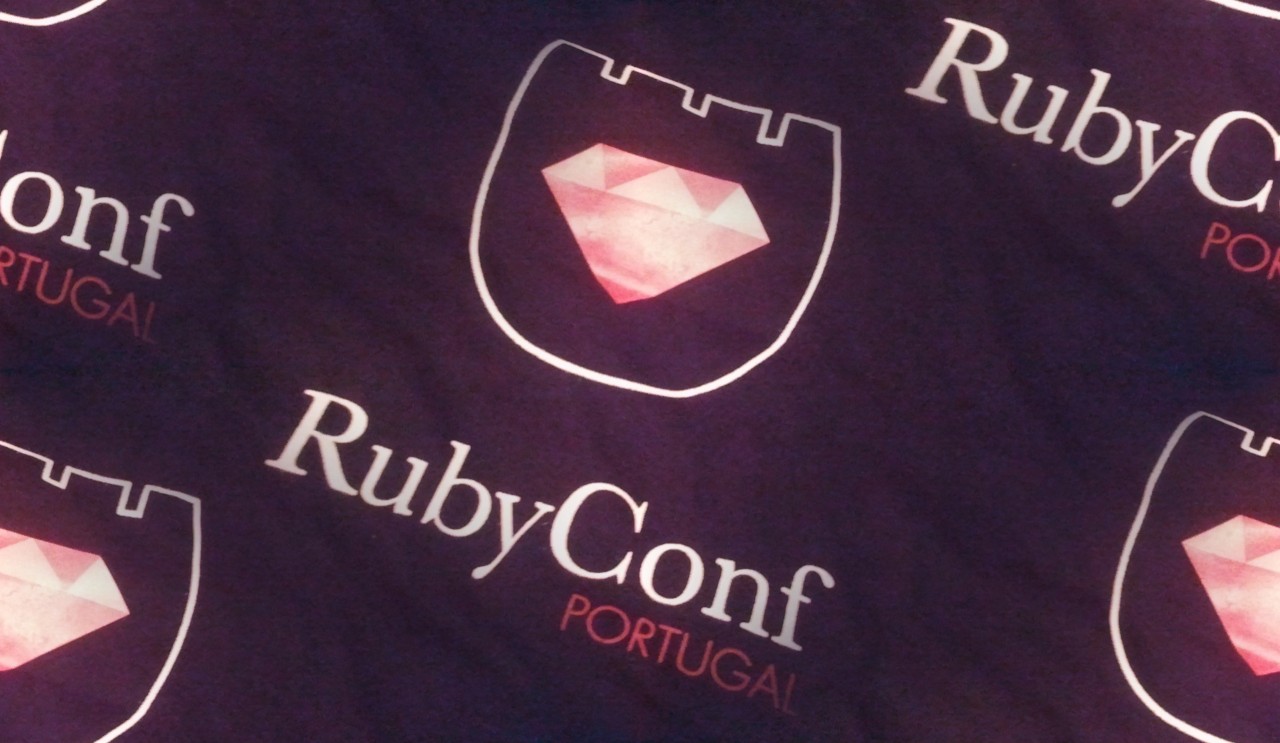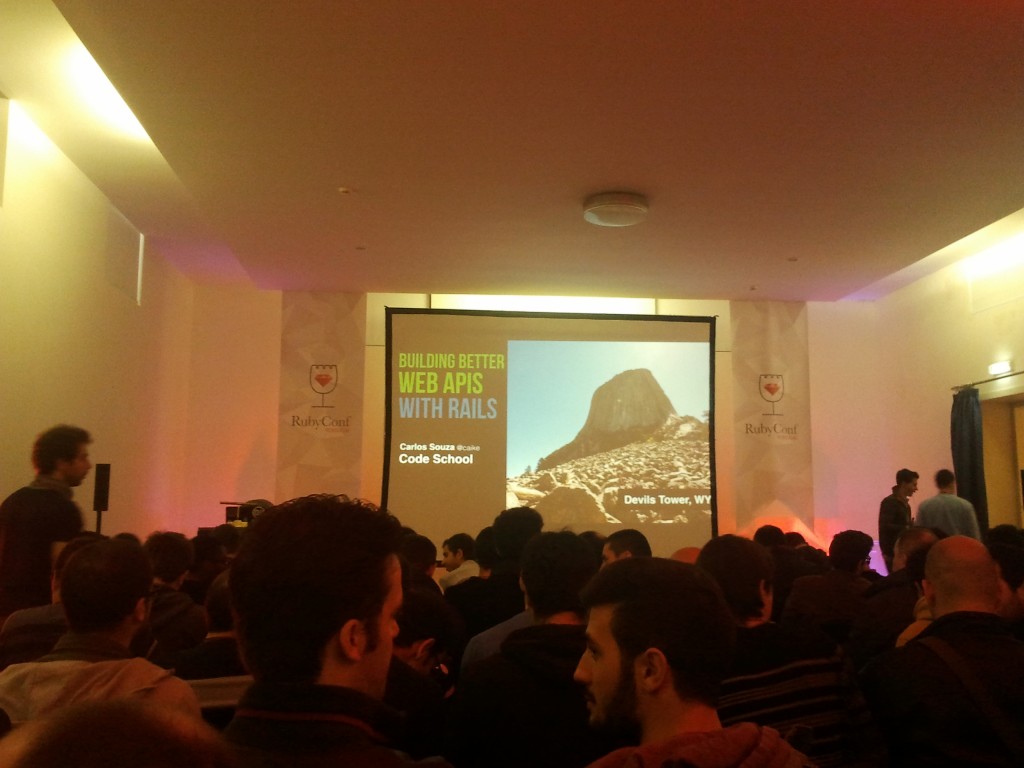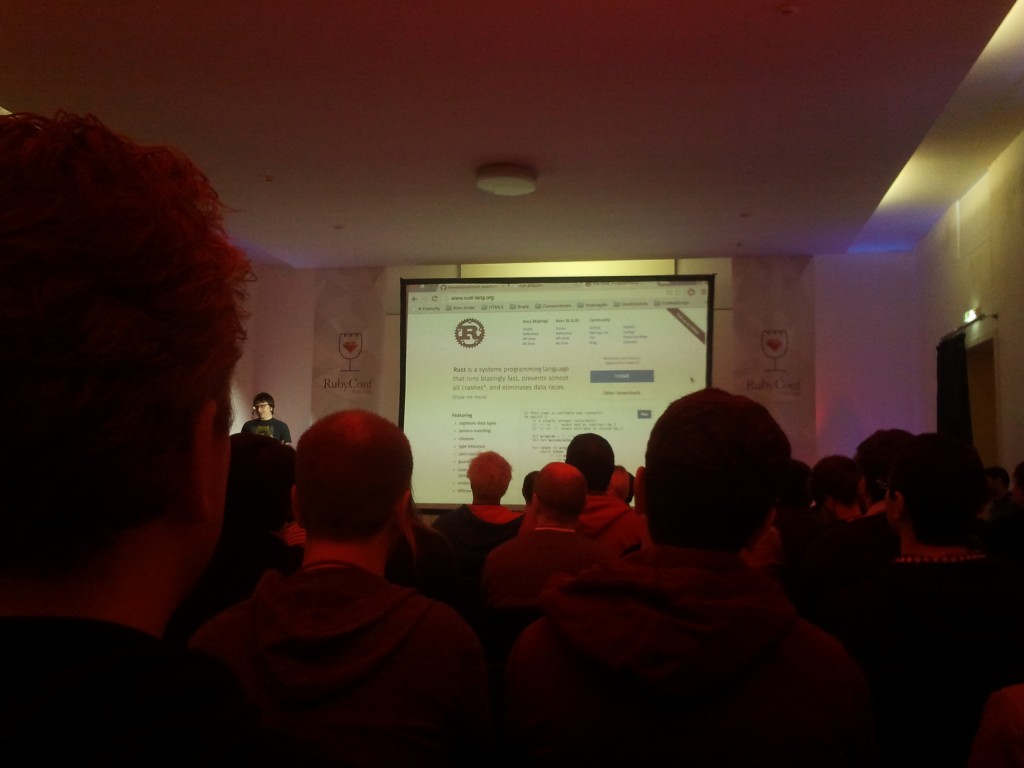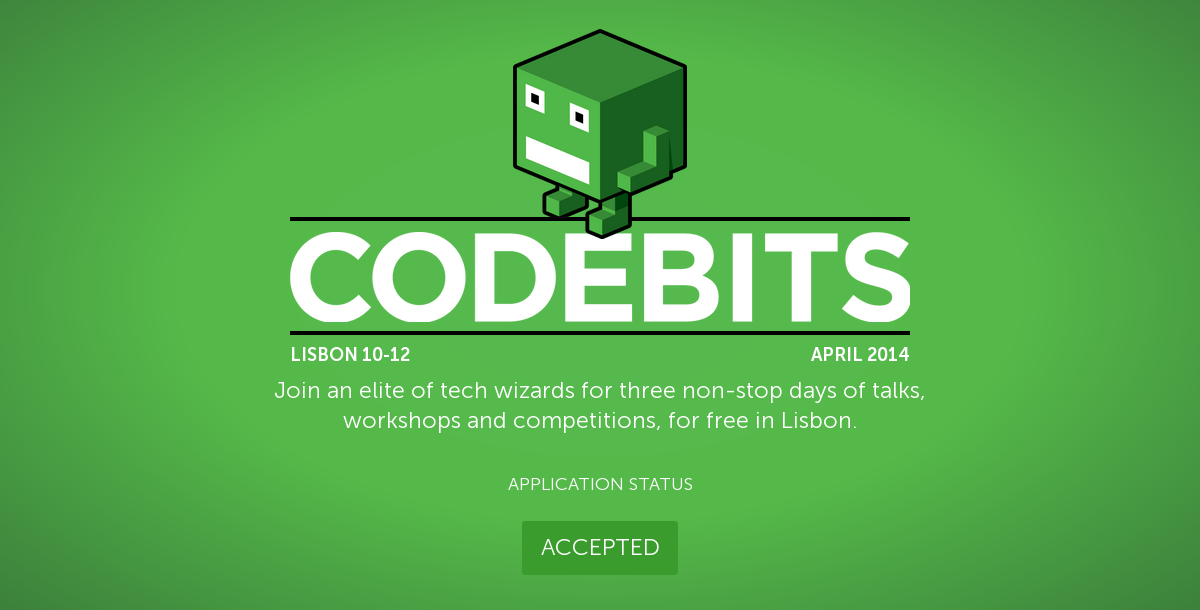The first post I published on this blog is now 10 years old. This wasn’t my first website or even the first blog, but it’s the one that stuck for the longest time.
The initial goal was to have a place to share anything I might find interesting on the Web, a place that would allow me to publish my opinions on all kinds of issues (if I felt like it) and to be able to publish information about my projects. I think you still can deduce that from the tag line, that remained unchanged ever since.
From the start, being able to host my own content was one of the priorities, in order to be able to control its distribution and ensuring that it is universally accessible to anyone without any locks on how and by whom it should be consumed.
The reasoning behind this decision was related to a trend that started a couple of years earlier, the departure from the open web and the big migration to the walled gardens.
Many people thought it was an inoffensive move, something that would improve the user experience and make the life easier for everyone. But as anything in life, with time we started to see the costs.
Today the world is different, using closed platforms that barely interact with each other is the rule and the downsides became evident: Users started to be spied for profit, platforms decide what speech is acceptable, manipulation is more present than ever, big monopolies are now gate keepers to many markets, etc. Summing up, the information and power is concentrated in fewer hands.
Last week this event set the topic for the post. A “simple chat app”, that uses an open protocol to interact with different servers, was excluded/blocked from the market unilaterally without any chance to defend itself. A more extensive discussion can be found here.
The message I wanted to leave in this commemorative post, is that we need to give another shot to decentralized and interoperable software, use open protocols and technologies to put creators and users back in control.
If there is anything that I would like to keep for the next 10 years, is the capability to reach, interact and collaborate with the world without having a huge corporation acting as middleman dictating its rules.
I will continue to put an effort in making sure open standards are used on this website (such RSS, Webmention, etc) and that I’m reachable using decentralized protocols and tools (such as email, Matrix or the “Fediverse“). It think this is the minimum a person could ask for the next decade.
